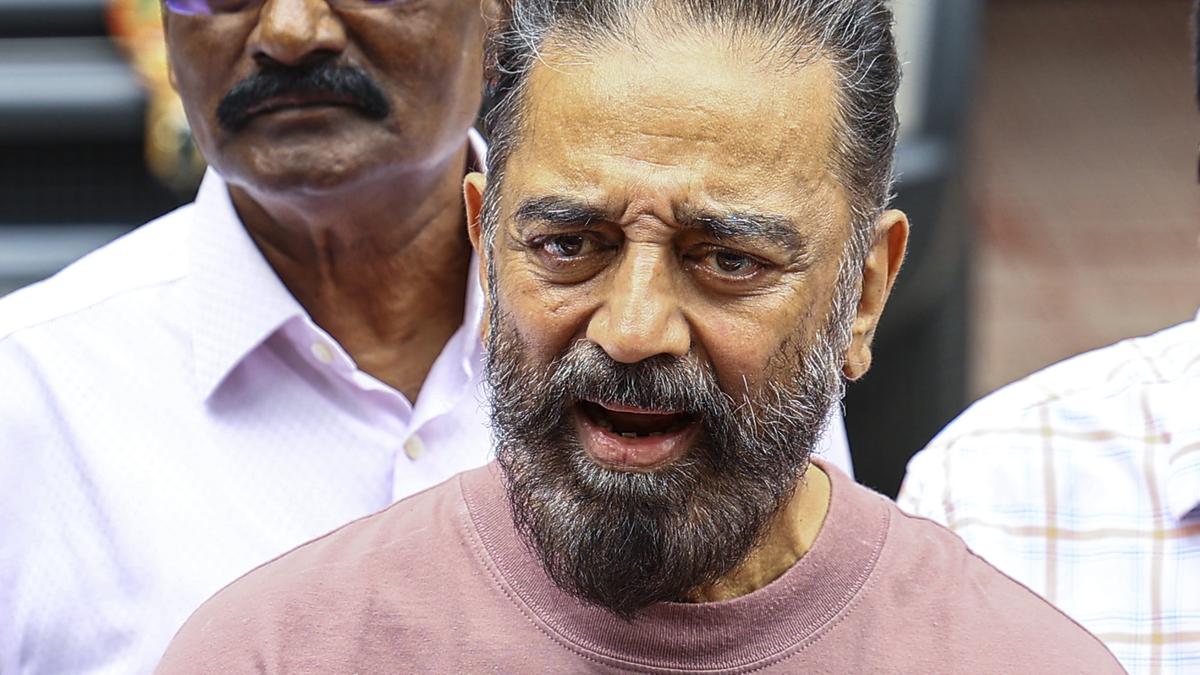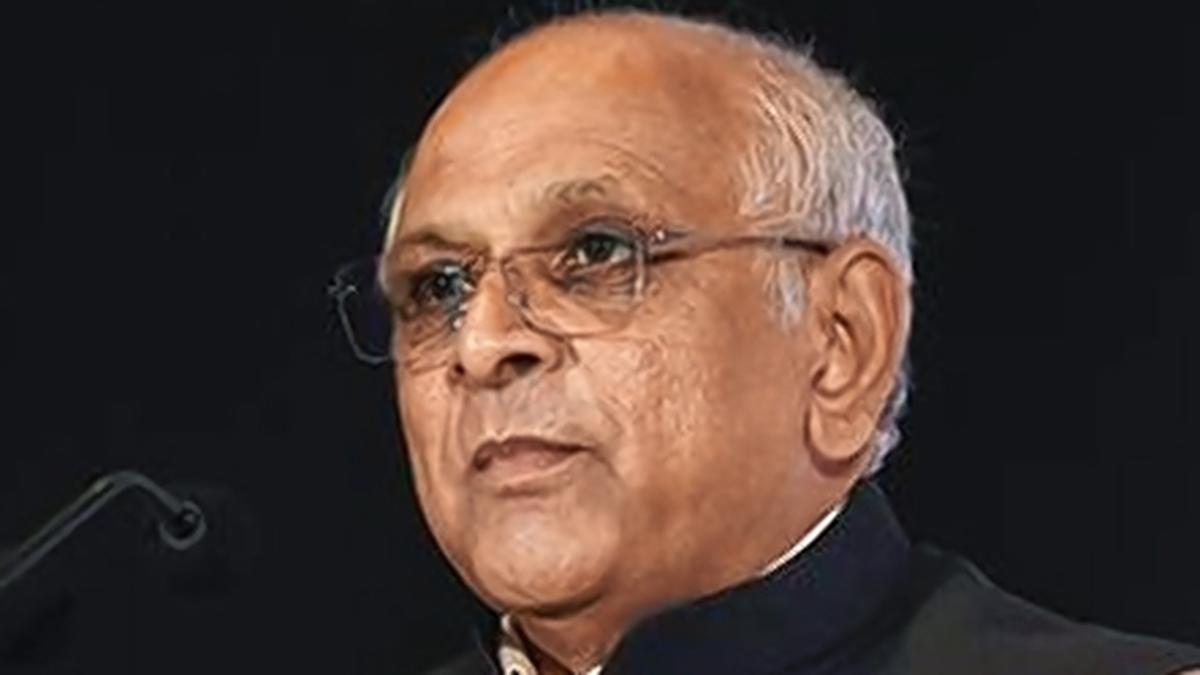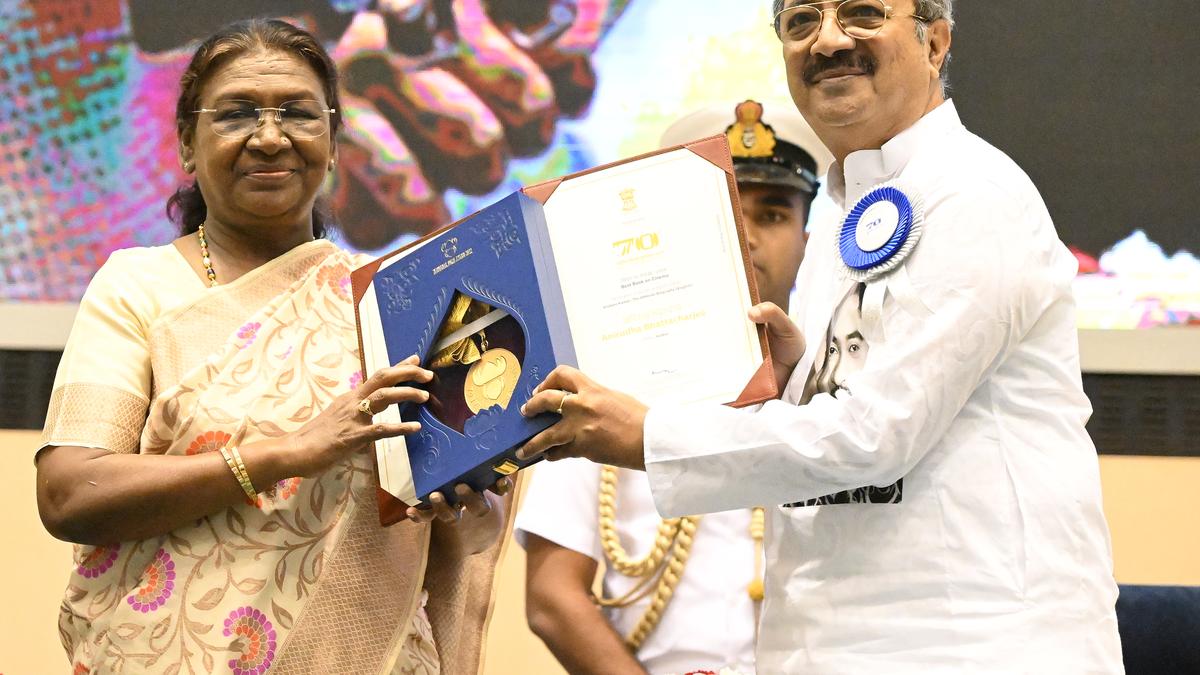Now Reading: Kamal Haasan Calls for Education to Challenge Sanatana Dharma, Sparks Debate
-
01
Kamal Haasan Calls for Education to Challenge Sanatana Dharma, Sparks Debate
Kamal Haasan Calls for Education to Challenge Sanatana Dharma, Sparks Debate

Quick Summary:
- Kamal Haasan, actor, MP, and founder of makkal Needhi Maiam (MNM), made remarks against Sanatana Dharma at Chennai’s Agaram Foundation event on August 3, 2025.
- He praised Tamil actor Suriya’s charitable efforts through the foundation in enabling higher education for over 6,700 first-generation graduates.
- Kamal criticized NEET (National Eligibility-cum-Entrance Test), stating that it hinders access to education for disadvantaged students.
- He emphasized using education as a tool to combat “chains of dictatorship and Sanatana” rather than physical weapons.
- His comments drew criticism from BJP leaders who accused him of stoking religious divisions for political gains.
- Earlier controversies around Kamal include his statement claiming Kannada language originated from Tamil during the promotions of his film Thug Life.
Indian Opinion Analysis:
Kamal Haasan’s remarks encapsulate an intersection between cultural commentary and politics in India, where religion frequently enough dominates public discourse. His critique of NEET resonates with longstanding opposition in Tamil Nadu regarding its perceived impact on rural and economically disadvantaged students’ access to medical education. However, invoking Sanatana Dharma-a sensitive ideological construct-has amplified political reactions and emotional responses nationwide.
The backlash underscores persistent tensions between progressive-secular narratives and customary-religious values in Indian politics. While highlighting social inequalities through discussions on educational reform might potentially be constructive, linking them directly to complex socio-religious frameworks risks polarizing debates further rather of fostering consensus-building solutions.
Read More: Click here






















